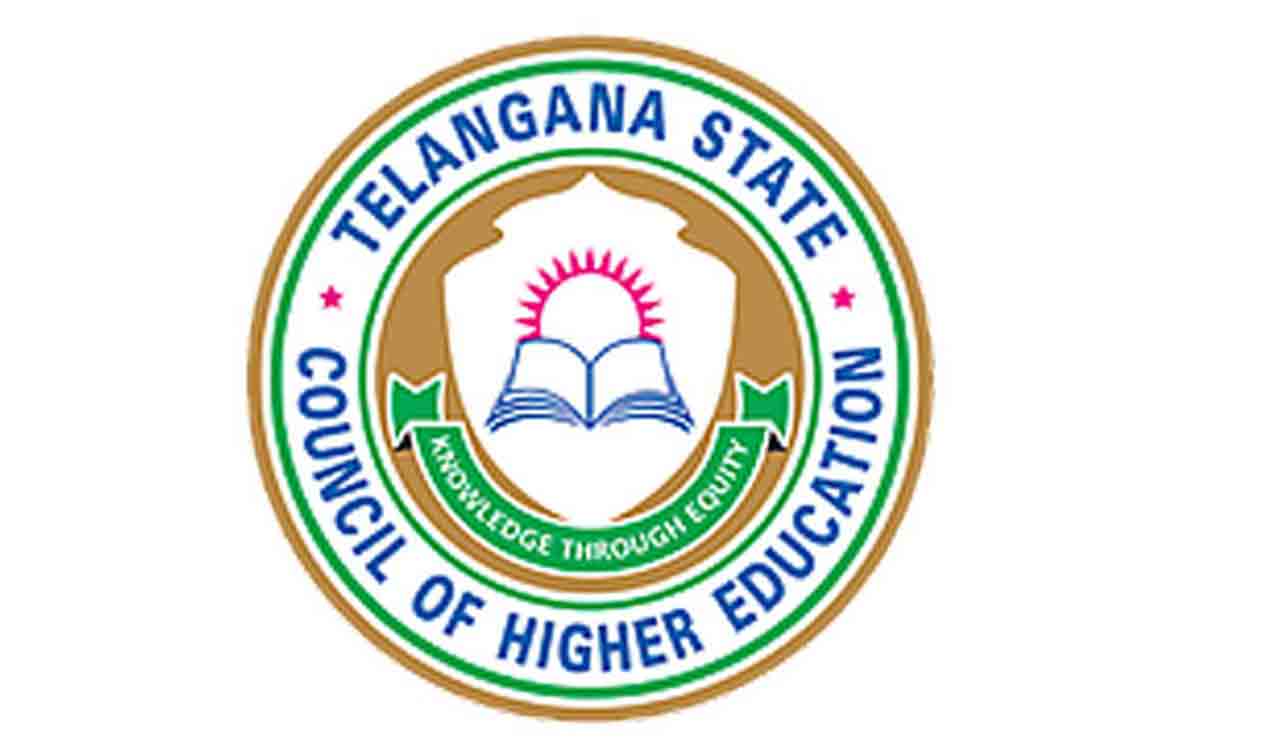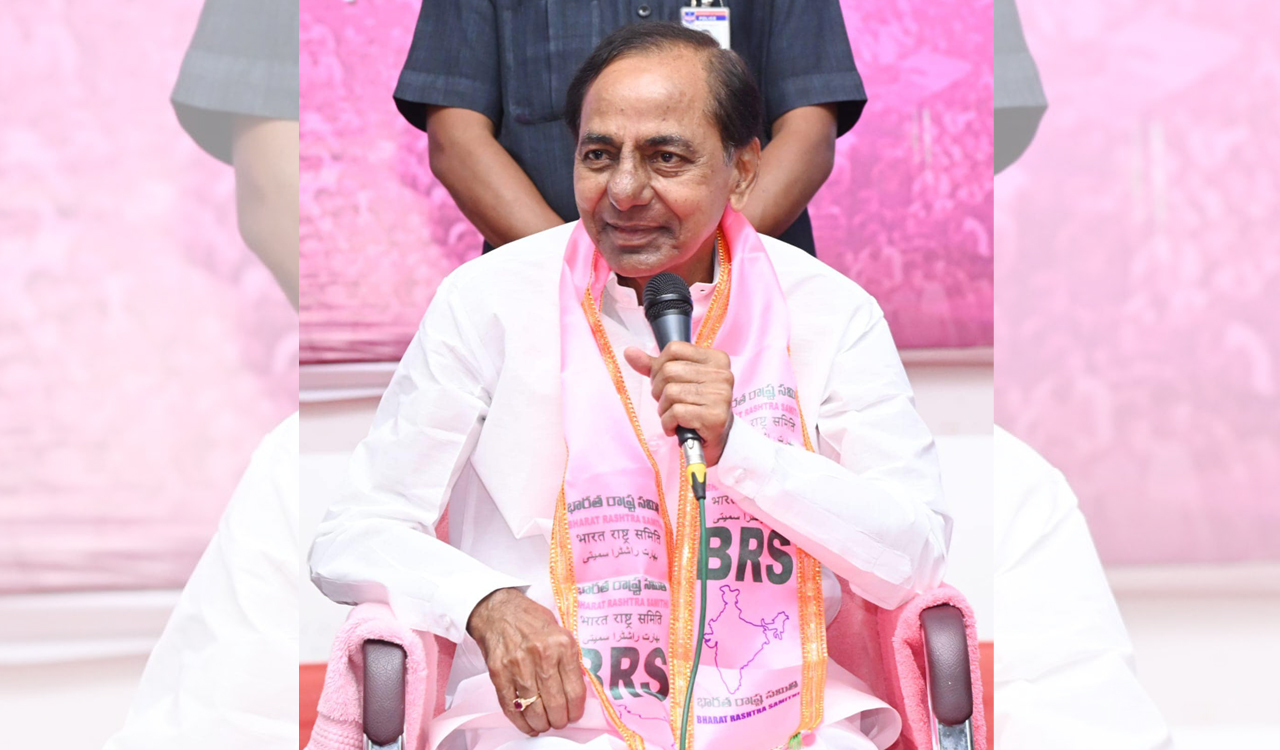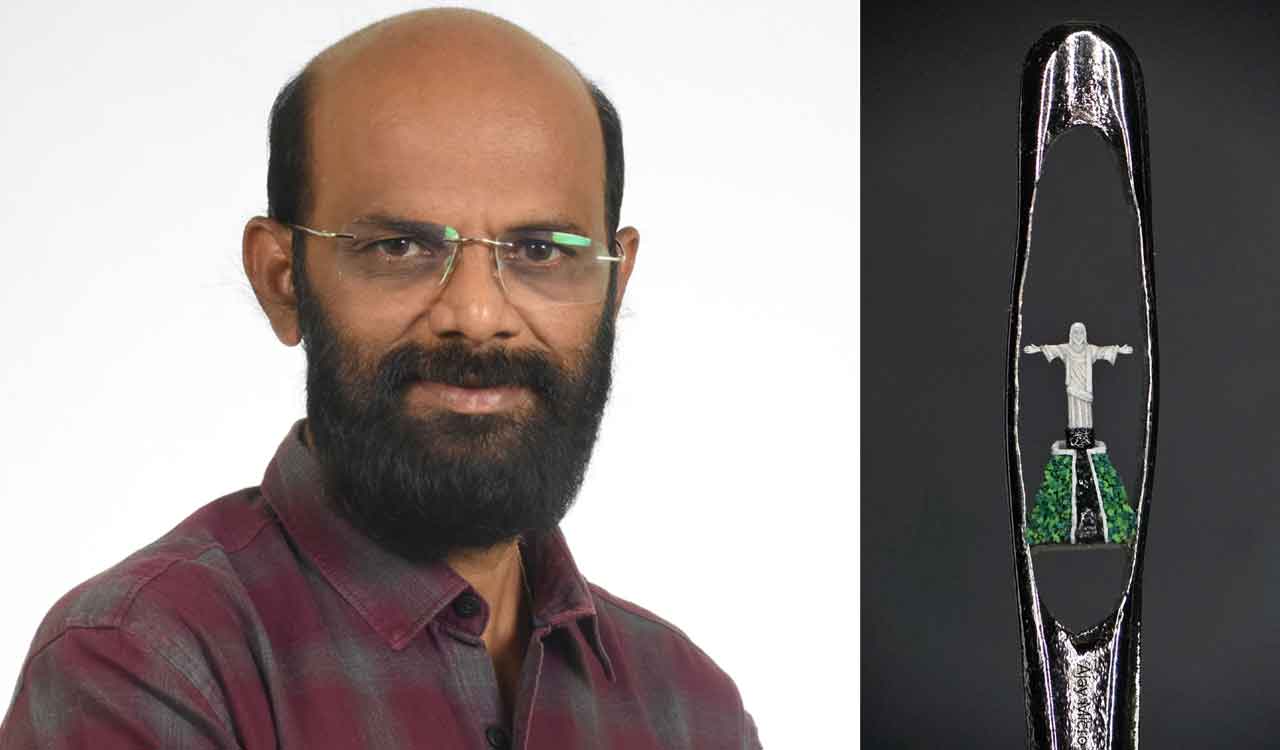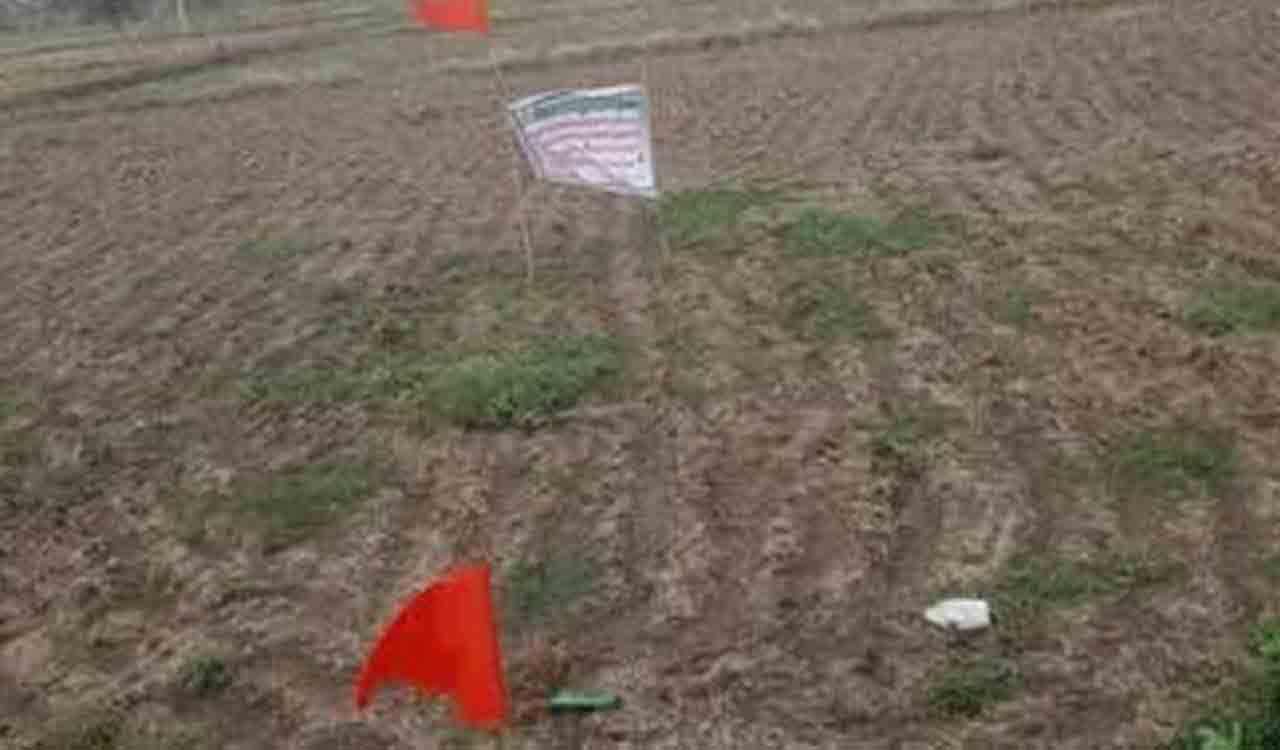Telangana Council of Higher Education constitute panels for UG syllabus revamp
The Telangana Council of Higher Education (TGCHE), which decided to introduce new syllabus for the undergraduate programmes from the next academic year, has expedited the process for revamping the curriculum.

Hyderabad: The Telangana Council of Higher Education (TGCHE), which decided to introduce new syllabus for the undergraduate programmes from the next academic year, has expedited the process for revamping the curriculum. It has constituted subject-wise committees to tweak the UG syllabi, which was last changed seven years ago.
A committee to revamp BCom and law courses syllabus will be headed by TGCHE Chairman Prof. V Balakista Reddy. For sciences and arts programmes, one each panel has been formed under leadership of Council Vice Chairman Prof. SK Mahmood and Prof. I Purushotham respectively. Similarly, engineering courses syllabus change panel will be headed by Council secretary Prof. Sriram Venkatesh.
These steering committees will soon hold consultation meetings with boards of studies and subject-experts from different universities. Each committee will not just be tasked to ensure that new content is developed but is also relevant, up-to-date in tune with industry requirements thereby enhancing the employability quotient of students.
As part of the major revamp, the TGCHE focused on introducing skill development courses in the undergraduate education. Internships may become a mandatory component in the degree programmes on the lines of the UG engineering programmes.
Through the internships, the council intends to integrate hands-on work experience while studying the course, making students readily available for employment upon graduation.
Presently, both government and private degree colleges in the State offer more than 500 course combinations at the undergraduate level. This academic year, despite multiple rounds of admission processes via the DOST, a staggering 2,61,262 seats had no takers.
The web counselling was conducted for a staggering 4,57,704 seats in various programmes including BA, BBA, BBM, BCA, and BCom, offered by 1,055 degree colleges. However, only 1,96,442 seats were filled – a mere 42.91 per cent occupancy rate.
Related News
-
KCR extends Christmas wishes to people of Telangana
-
Telangana’s micro-sculptor Ajay Kumar sculpts Brazil’s “Christ the Redeemer” in the eye of a needle
-
Leopard spotted and panic prevailing in Nandipahad village under Maddur mandal
-
Unpaid loans: DCCB erects auction flexis in farmers’ fields in Kamareddy
-
Cartoon Today on December 25, 2024
2 hours ago -
Sandhya Theatre stampede case: Allu Arjun questioned for 3 hours by Chikkadpallly police
3 hours ago -
Telangana: TRSMA pitches for 15% school fee hike and Right to Fee Collection Act
3 hours ago -
Former Home Secretary Ajay Kumar Bhalla appointed Manipur Governor, Kerala Governor shifted to Bihar
3 hours ago -
Hyderabad: Organs of 74-year-old man donated as part of Jeevandan
3 hours ago -
Opinion: The China factor in India-Nepal relations
4 hours ago -
Editorial: Modi’s Kuwait outreach
4 hours ago -
Telangana HC suspends orders against KCR and Harish Rao
4 hours ago




